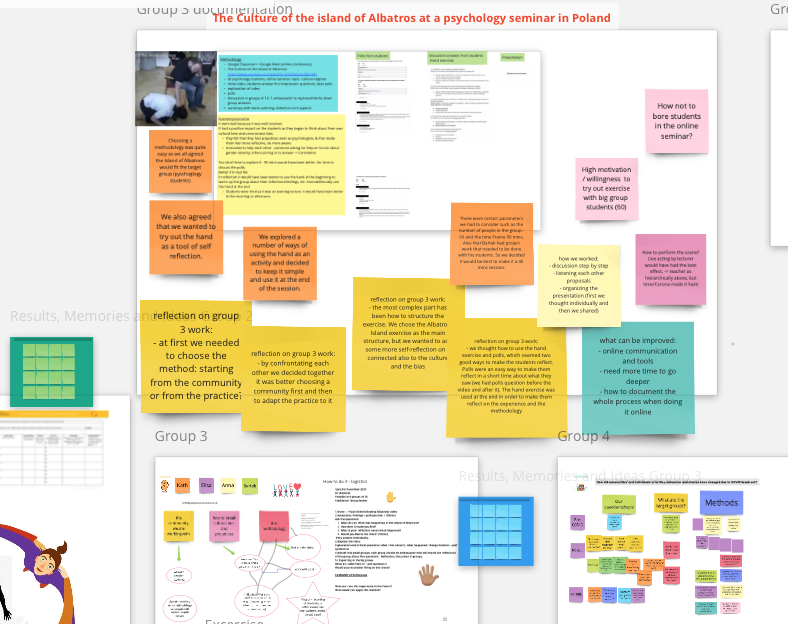STORYTELLING TO MEASURE IMPACT

We have been working away at an exciting EU project called Narratives of Impact since September 2020 and last month we had our penultimate meeting in the fabulous city of Milan. The partners from Italy, Germany, Poland, Spain and myself (UK) got together to finalise the video guides that we have made to go along with a toolkit created for NGO’s, charities, and voluntary organisations to use storytelling to measure impact.
The toolkit is designed to help organisations, teams and individuals to use storytelling to to see what is working and what needs to be improved. Applying storytelling methods can really help to improve data collection and more importantly help improve services and delivery. Using different storytelling methods can help people to engage with data collection and learning processes in a creative way, enhancing inclusion and access, as well as interest and commitment.
Each partner has worked hard over the past few months to create their own video guide and it was great to watch the final videos together whilst eating delicious Milanese pizzas. Marco from @COSV hosted us in the COSV offices in Milan and gave us a warm welcome. It was good to meet the staff and see where they do their important work.
The next step in the project is translating the toolkit into Italian, German, Spanish and Polish ready to be published in June.
Kath Peters, project manager, PVM.




